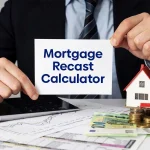Buying commercial property is a major investment, whether you’re purchasing an office, shop, warehouse, or land for your business. But beyond the selling price, one crucial cost every buyer must factor in is commercial real estate stamp duty. Unfortunately, many first-time investors overlook how big this cost can be — until it shows up right before registration.
In this guide, I’ll walk you through how stamp duty on commercial property works, what influences the cost, and how you can plan your purchase smartly. I’ll also share a real case study from a commercial shop buyer who underestimated stamp duty rates and ended up stretching his budget.
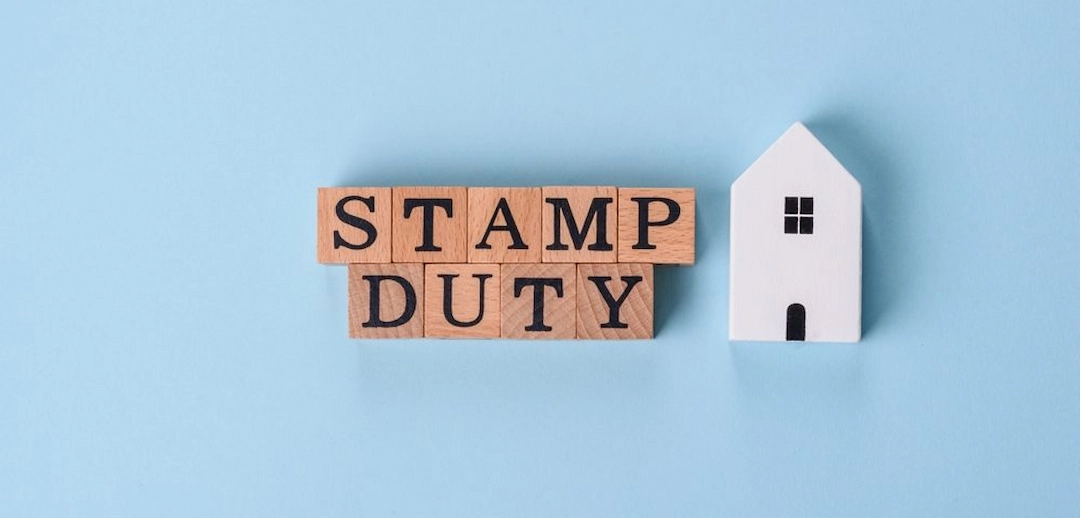
Content
What Is Commercial Real Estate Stamp Duty?
Commercial real estate stamp duty is a government-imposed tax applied to the transfer of ownership of business or commercial property. This fee is mandatory, and without paying it, you cannot legally register or claim ownership of your property.
While many buyers are familiar with residential stamp duty, stamp duty on commercial property usually has different rates, which are often higher and sometimes structured differently.
Why Is Stamp Duty Higher for Commercial Property?
A lot of investors ask: “Is stamp duty higher for commercial property?”
In many regions, yes — primarily because commercial properties generate revenue and fall under business taxation rules.
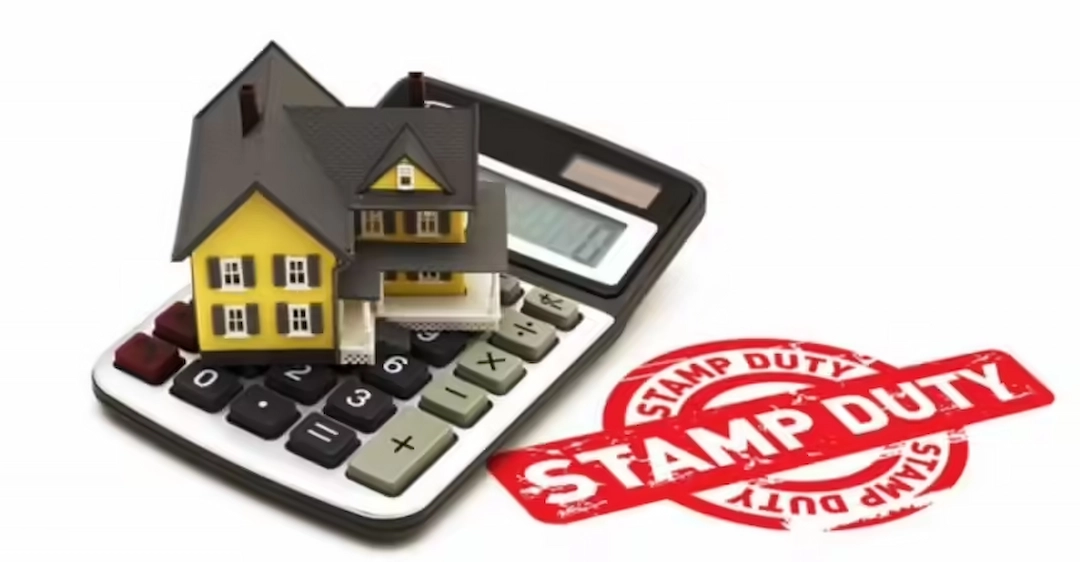
Governments often categorize commercial transactions as higher-value deals, applying a steeper tax bracket. That’s why commercial property tax regulations are slightly more complex and require careful planning before committing to a purchase.
How Much Is Commercial Real Estate Stamp Duty?
The exact rate depends on your location. Most countries or states calculate stamp duty based on:
- Total property value
- Type of commercial property (shop, office, industrial land, etc.)
- Location: urban, metropolitan, or rural
- Applicable surcharges or government fees
- Exemptions or reliefs (varies by region)
Many buyers search for how much is commercial real estate stamp duty, but there is no universal rate. The best approach is to check current government tables or speak to a real estate consultant familiar with your area.
Factors Affecting Stamp Duty on Commercial Property
Understanding the factors behind stamp duty helps buyers avoid last-minute financial stress. Here are the main cost drivers:
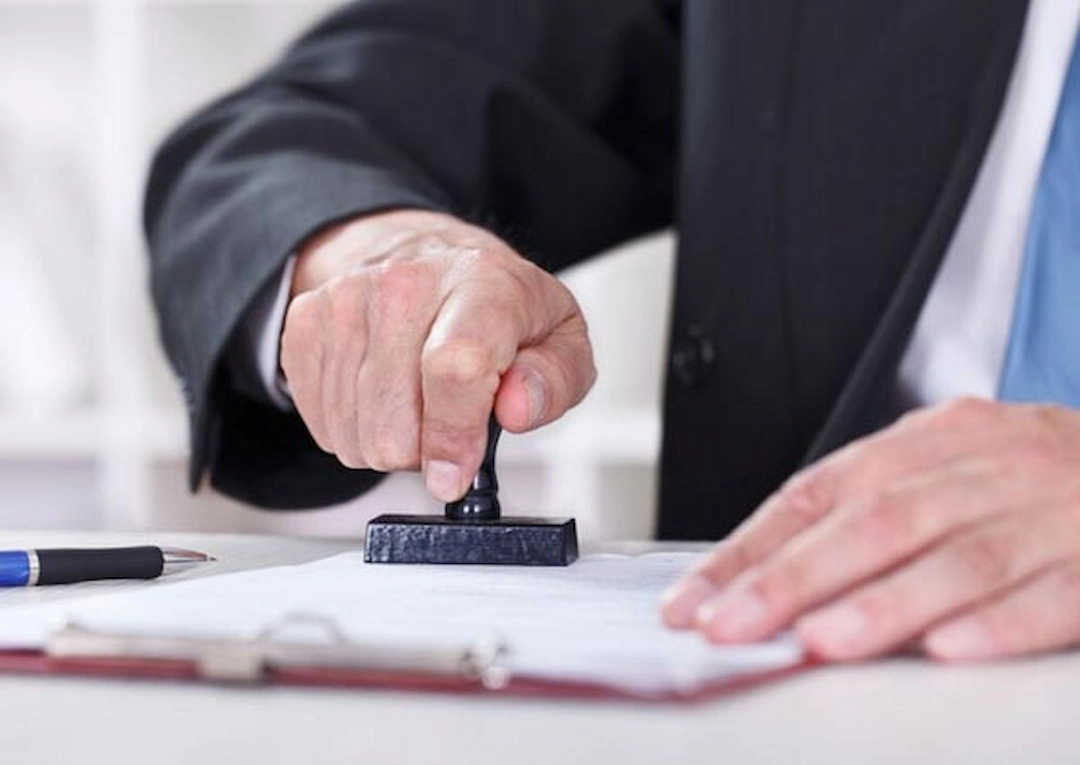
1. Market Value of the Property
Stamp duty increases as the property value increases. Even small jumps in valuation can impact how much you pay.
2. Property Type and Usage
A shop inside a commercial plaza may have different tax rules than a warehouse or open commercial land.
3. State or Regional Policies
Each region has its own commercial property tax regulations, which influence your total amount.
4. Loan or Mortgage Structure
In some areas, stamp duty also applies to the loan agreement.
5. Registration Charges
Aside from stamp duty, you may also face property registration charges, legal fees, and other real estate transaction fees.
How to Calculate Commercial Property Stamp Duty
While government calculators exist, buyers still struggle with understanding the formula. Here’s a simplified breakdown:
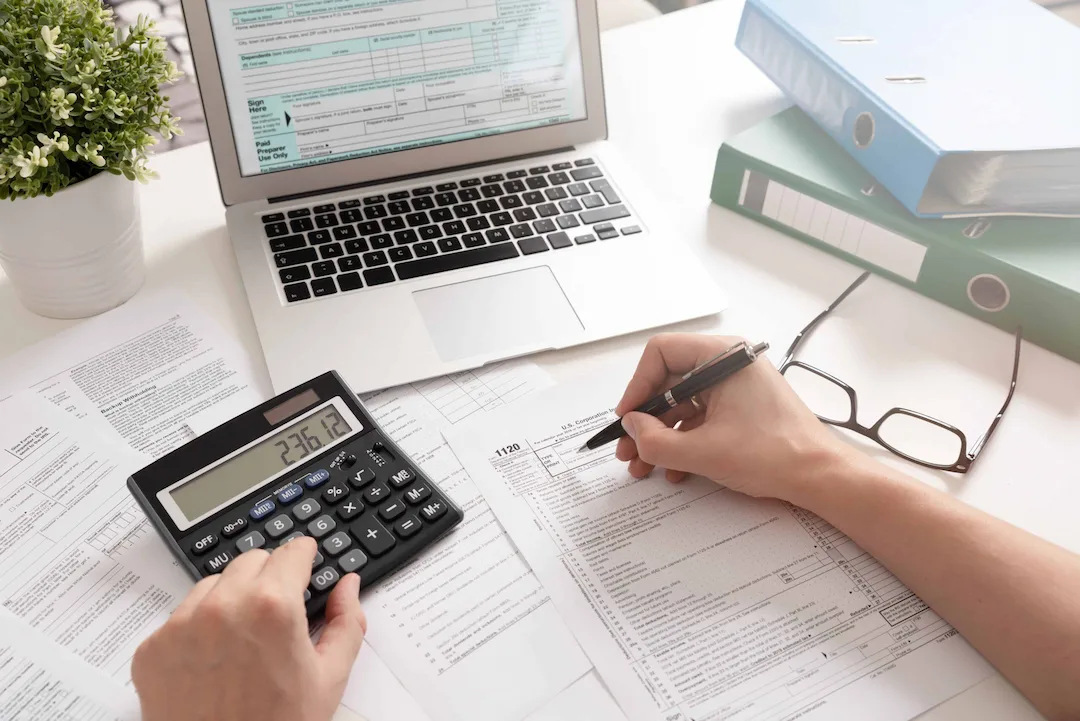
Stamp Duty = Applicable Percentage × Property Value
For example:
If your commercial shop is valued at $300,000 and your region charges 5% stamp duty, the amount will be:
$300,000 × 5% = $15,000
You may also need to add:
- Registration fee
- Documentation charges
- Legal verification fees
This is why it’s useful to review a commercial property stamp duty calculation guide before budgeting for your purchase.
Real-Life Case Study: A Buyer Who Miscalculated
A client named jason, a small business owner, recently purchased a commercial retail shop. The price seemed perfect — until he realized he had underestimated the stamp duty by 2%.
Here’s what happened:
- Property value: $250,000
- Expected stamp duty (his estimate): 4%
- Actual rate: 6% in his zone
This meant his stamp duty increased from $10,000 to $15,000, adding an unexpected $5,000 expense at the last moment.
Rashid had to delay the registration because he needed extra funds to complete the payment.
This experience taught him a hard lesson:
Always confirm regional commercial land tax requirements and stamp duty guidelines for investors before signing a sale agreement.
Since then, he advises other buyers to always double-check rates with local authorities or real estate professionals.
Who Pays Stamp Duty on Commercial Property?
In most regions, the buyer pays the stamp duty, not the seller. This is why understanding who pays stamp duty on commercial real estate is essential before negotiating a deal.
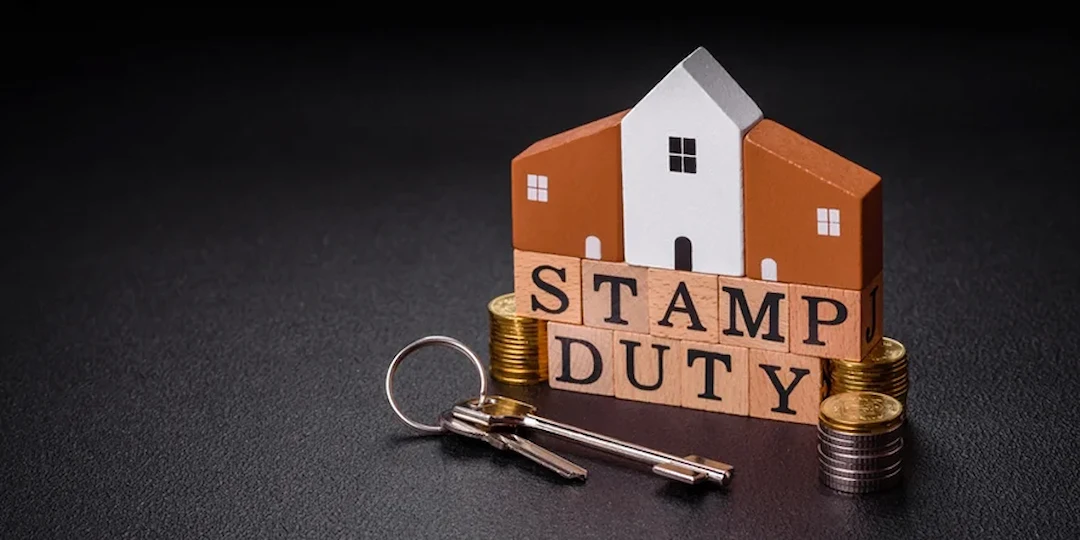
It’s also important for budgeting because the cost is separate from the seller’s asking price.
Are There Exemptions on Commercial Real Estate Stamp Duty?
Some regions offer relief or reduced stamp duty for:
- Women entrepreneurs
- New business setups
- Small commercial units
- Special economic zones
- Startup incubation centers
- Government-backed industrial development projects
Buyers who qualify for such commercial property stamp duty exemptions can save a substantial amount.
Tips to Reduce Stamp Duty Costs
While stamp duty cannot be avoided, you can reduce your financial burden with proper planning:
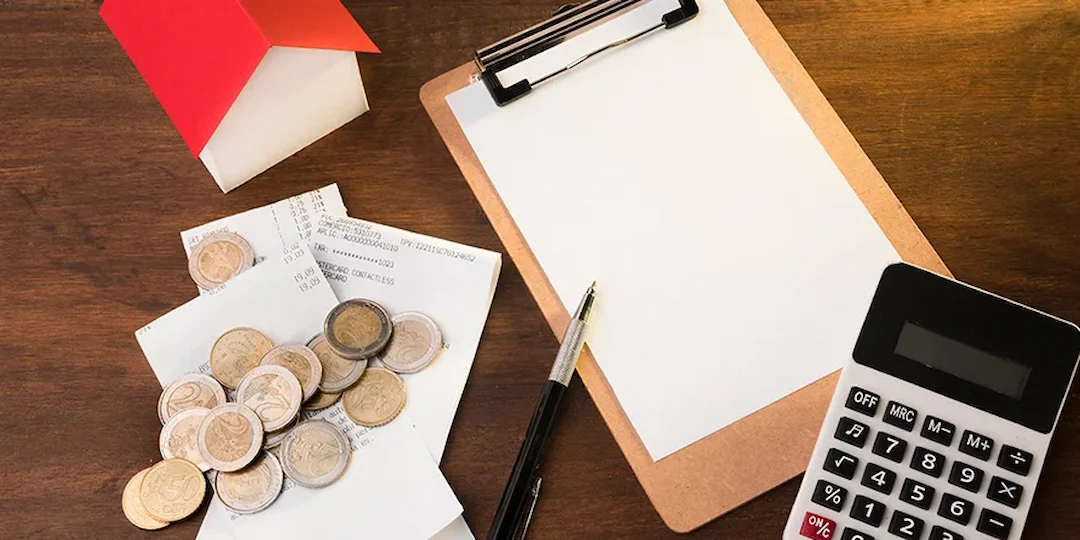
Verify property valuation
Sometimes the government-assessed value is lower than the market value — which reduces duty.
Look for government schemes
Seasonal exemptions or business incentives may reduce costs.
Choose locations with lower rates
Every state or city zone has different tax slabs.
Avoid underreporting property value
Authorities can impose penalties or conduct revaluation inspections.
Commercial Property Stamp Duty: Final Thoughts
Understanding commercial real estate stamp duty helps buyers plan better, avoid surprises, and maintain a healthy investment strategy. Whether you’re purchasing for rental income, business expansion, or long-term capital growth, properly estimating your stamp duty is just as crucial as negotiating the property price.
By staying aware of stamp duty rates for commercial property buyers, commercial property transfer charges, and your local tax rules, you ensure a smooth, stress-free transaction.
FAQs
Can stamp duty on commercial property be paid online?
Yes, many regions allow online payment of commercial real estate stamp duty through official government portals.
Do loan agreements require separate stamp duty?
In some areas, loans for commercial property have additional stamp duty fees based on loan value.
Is stamp duty refundable if the commercial deal is canceled?
Refunds depend on local rules; some regions allow partial refunds if paperwork meets cancellation criteria.
Does leasing commercial property require stamp duty?
Yes, long-term commercial leases often require stamp duty based on rent and lease duration.

Jason, a real estate enthusiast with an eye for investment opportunities, is your guide to maximizing your returns. His knack for finding hidden gems and turnkey solutions is a game-changer in today’s market.

